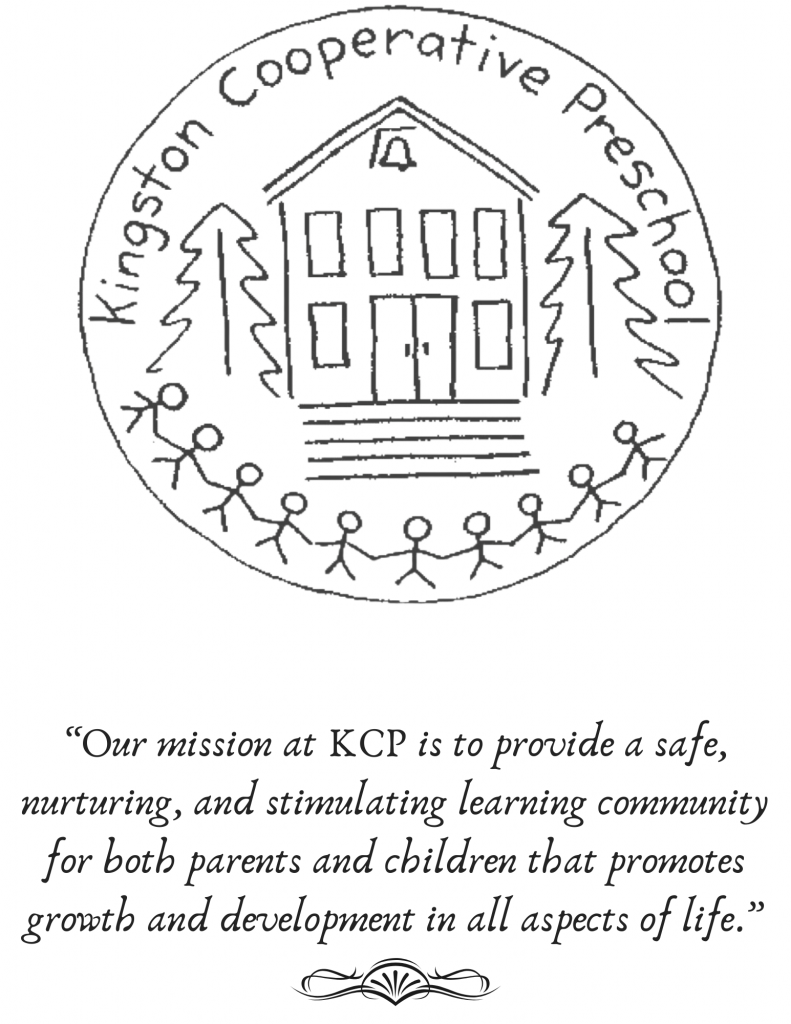
Objectives for Children
The following set of objectives guides us in best preparing our children for the future. These goals reflect the basic philosophy of Kingston Co-Op Preschool. Our program strives:
- To value each child as a unique individual with a distinctive learning style and personality
- To enhance the self-esteem, self-worth, and self-confidence of each child. When our children feel good about themselves, they are ready to tackle future academic challenges.
- To promote cognitive development through self-motivated and self-paced learning experiences that involve interaction with a rich and varied learning environment. Excessive pressure to learn letters, numbers, or reading has not been shown to produce a long-term advantage for children and can cause unnecessary stress.
- To encourage the development of divergent thinking skills. The child puts art materials together in their own way, rather than in a way suggested by the participating adult or by a model made by an adult.
- To promote communication skills through talking with many interesting adults and children, learning to negotiate a “turn” with a wanted toy, and fostering a love of books and stories.
- To develop competence and independence, which includes the ability to carry out a task with a minimum of adult intervention. We encourage our children to do as much as possible themselves, keeping in mind reasonable developmental expectations.
- To develop social skills by providing children with an abundance of opportunities for social interaction. It is through interactions with others that children grow intellectually, socially and personally.
- To become aware of and to develop a respect for people different from themselves.
Objectives for Parents
- To develop realistic age level expectations from knowledge of typical childhood behavior and growth.
- To clarify child rearing values and attitudes and to explore methods of positive child guidance.
- To learn about the physical needs of family members, including nutrition, safety, first aid, childhood illnesses, exercise and stress management.
- To experience and understand the role of parent involvement in maintaining quality learning environments for children.
- To develop skills and practice in teaching young children in the following areas: art, science, concept development, language, music, motor skills, and cooperative play.
- To share support, consultation, and resource information concerning child rearing and family life.
- To develop skills in group organization and leadership.
- To develop and/or increase confidence in managing the demanding role of parents in a changing society.
- To strengthen family communication and positive family growth.
